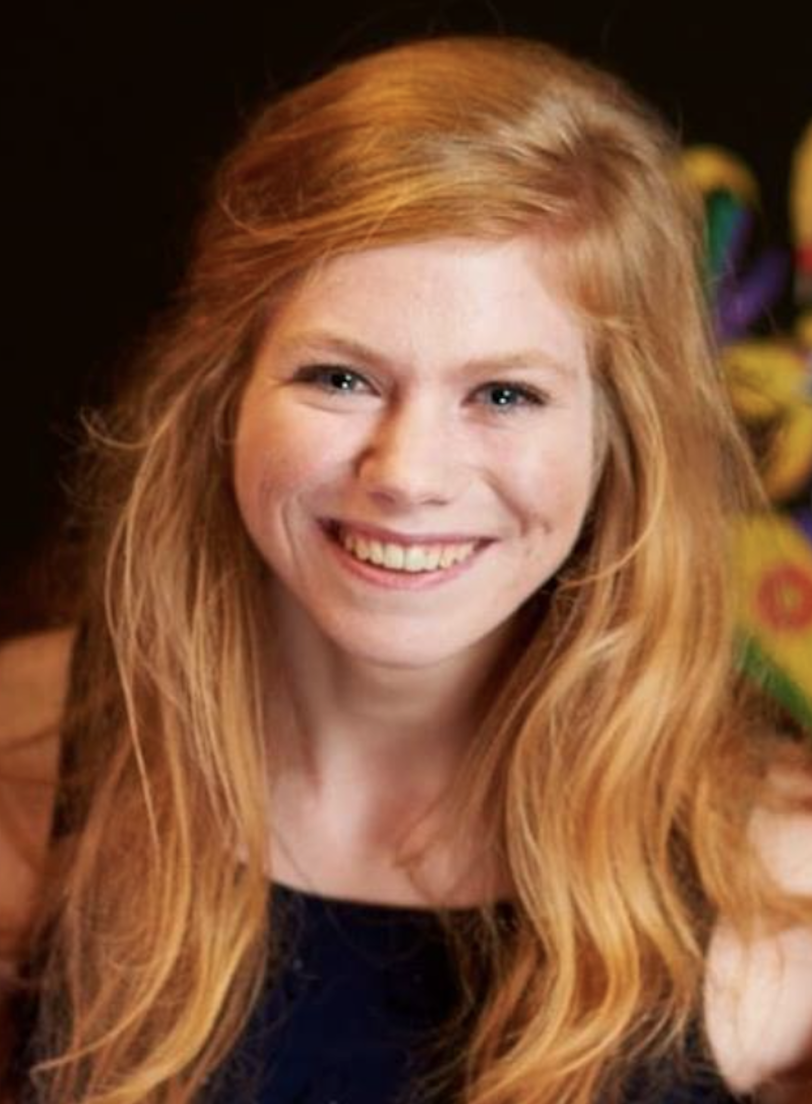How many of these statements are true about you?
I prefer one-on-one conversations to group activities.
I tend to think before I speak.
People tell me that I’m a good listener.
I feel drained after being out and about, even if I’ve enjoyed myself.
If most of these statements rang true for you then you are probably more introverted. And you’d be in good company (Barack Obama, Elanor Roosevelt, Winston Churchill, Mahatma Gandhi, Isaac Newton and Albert Einstein to name just a few).
As an introvert it can often feel daunting to put yourself out there in social settings. Often introverts can shrink back to avoid the limelight. They can easily be overlooked because they are not as vocal as other people in the room.
And if you are not an introvert. One in every two to three people you know are likely to be introverts (even if they have learned to appear to be extroverted).
In this episode we talk to Daisy Simonis about introversion and people skills. Daisy is the founder of Empowered Introverts, an organisation that helps introverts supercharge their people skills (without changing who they are).
With a background of working in public relations, growing a start-up from USD$0 to over USD$2million, and organising a TEDx event (in the middle of the COVID-19 pandemic), she writes about introversion, people skills, and becoming the best version of yourself.
Whether you are an introvert looking to supercharge your people skills or an extrovert trying to understand how to relate better to the people around you, this episode has something for everyone.
We hope you enjoy this thoughtful conversation with Daisy Simonis.
You can connect with Daisy on LinkedIn and her website.
You can listen to the episode on Apple, Google, Spotify, Stitcher or Simplecast.
Show notes
2:32 – Daisy grew up introverted and socially awkward.
4:31 – how Daisy came out of her shell.
6:22 – how Daisy coped with initial.
7:35 – learning about yourself vs putting yourself out there.
8:10 – people skills crash course/overcoming fear of phone calls.
10:05 – how to define introversion.
12:07 – personality tests.
13:48 – labels of introvert/extrovert.
18:03 – level of extroversion can vary with context and stage of life.
20:05 – pressure to be more extroverted.
22:15 – being more inclusive of introverts in the workplace.
27:20 – overcompensating for your introversion.
30:15 – how to get out of your head in a group setting.
34:00 – not saying hello out of fear of follow up conversation.
38:20 – posting on social media to overcome fear of what people think of us.
42:33 – strengths unique to introverts.
45:44 – how to develop people skills.
50:09 – the story toolbox for sharing in conversations.
52:58 – how to recharge.
56:55 – what advice would you give to your younger self?
58:25 – speaking up and being heard,
63:48 – connect with Daisy.
Links to references
Carl Jung definition of introversion as getting energy from our internal world.
Ray Dalio personality test: PrinciplesYou
Icebreaker (renamed to Gatheround)
Prefrontal cortex and Broca’s area are more active in introverts.
Fear Setting TED Talk by Tim Ferriss
Books:
The four agreements by Don Miguel Ruiz
Key quotes
“I was shy and socially awkward”
“I moved schools a lot as a kid and when that happens you either become someone who is really good at making friends or someone who sinks into the shadows. I definitely sank into the shadows.”
“If I wanted to achieve my goals in life I had to change it [her shyness].”
“I didn’t have an identity for such of my life. Discovering the person I was and wanted to be – it just changes your life completely.”
“As a girl who was terrified of the phone – it would ring and I would look at it like it was a strange objection…I have to pick this up and deal with it.”
“Some people find their energy is drained by social interaction even if they are having fun and they need time alone to recharge. And those people are more introverted. Other people gain energy by being around other people and those people are more extroverted. Ambiverts are people who get energy equally from being along or with other people.”
“Personality tests are to be taken with a pinch of salt because they are impacted by how you are feeling at the time. They are useful but not to be taken as gospel.”
“I see the labels of introversion and extroversion as springboards that we can use to jump into our strengths.”
“There are so many parts to us and our energy is just one part of that.”
“Introverts have this tendency to get stuck in their heads. We think to understand whereas extroverts speak to understand.”
“A lot of my close friends don’t understand why I identify as an introvert. They see me as a social butterfly.”
“It’s about staying true to your introversion but also adapting to your context.”
“To be successful a lot of people feel like they need to become this sociable, loud, outgoing version of themselves.”
“Structures [in meetings] give everyone an opportunity to share their ideas.”
“Preparation and structure does help to calm the nerves fit people who feel a bit more anxious about these things [meetings].”
“So we had built up a good relationship over email and they came into the office and we were talking and I just slipped in “thanks babe” into the conversation…I was just trying to create this great sense of rapport…and took it a bit too far.”
“Typical advice is to say something within 3 seconds of thinking of it”
“Something I recommend is to get out of your head by coming into your body. A great way to do this is to think about your big toes and how they are feeling.”
“In groups, focus on one person at a time.”
“A lot of us carry this story around that there is something wrong with who we are as human beings. And because there is something wrong with who we are, whatever we share will be seen as weird. And this comes back a bit to shyness which is when you see yourself as different to everyone else and everyone else as better. It means you cannot speak because who are you to speak to this person.”
“As an introvert I know if will take me longer to warm up to people.”
“As an introvert, leaping out of your confirm zone into our discomfort zone does not work for us. We freeze… as introverts it’s because we take it slower than most people. We need to move into our growth zone where we feel stretched but not freezing with discomfort.”
“The spotlight effect comes into play where we think everyone is looking at us, all of our flaws and all of our mistakes are highlighted to the world…you’re going to be forgotten. It’s sad, but it’s true: you’re just a moment in someone’s day.”
“Introverts are great listeners…and good complex problem solvers.”
“Extroverted skills are skills you can learn and you can pick them up relatively straight forward.”
“I tend to follow a four part framework to help you feel confident and show up as your best introverted self: vulnerability,…curiosity,…empathy…and positivity.”
“Everyone has a story to tell. Everyone has a story to share.”
“Have the emotional intelligence to realise that we all see the world in different ways.”
“We are drawn to lighthearted people who make us laugh, people who make us smile.”
“I like to think of my future self as the unconditional support we all crave and that sometimes we feel like we get.”
“Before you go to a social settings, flick through your story toolbox and reminding yourself: hey I have had these great experiences and even if the last month I’ve been the most boring person known to man, I am an interesting human being and I’m telling myself this because look at what I’ve done.”
“Pick one experience and expand on it. It makes you feel interesting and makes you come across as interesting and it gives you something to say.”
“I tend to think of life in terms of moments and decades.”
“The mind is for having thoughts, not for holding thoughts, so transferring thoughts from your mind to paper clears your head.”
“I would tell her [my younger self] that she is interesting and wonderful and exciting just as who she is.”
“Come back into the present moment and every moment being the best version of yourself.”
“It’s not faking it. It’s about being your authentic self and having this curiosity in someone else. Anyone can do it.”
“A lot of women tend to end their sentences on an upward inflection…and it sounds like you are asking a question rather than making a statement.”
“Follow up everything you say in writing to reinforce that you do know what you are talking about.”
“We are social creatures. We need to get to know each other on a personal level.”
“If you are not invited, invite yourself.”



